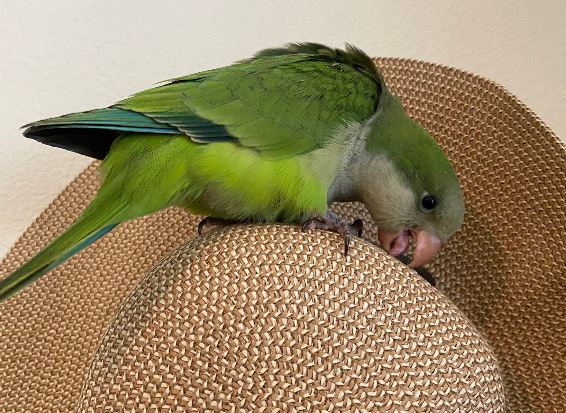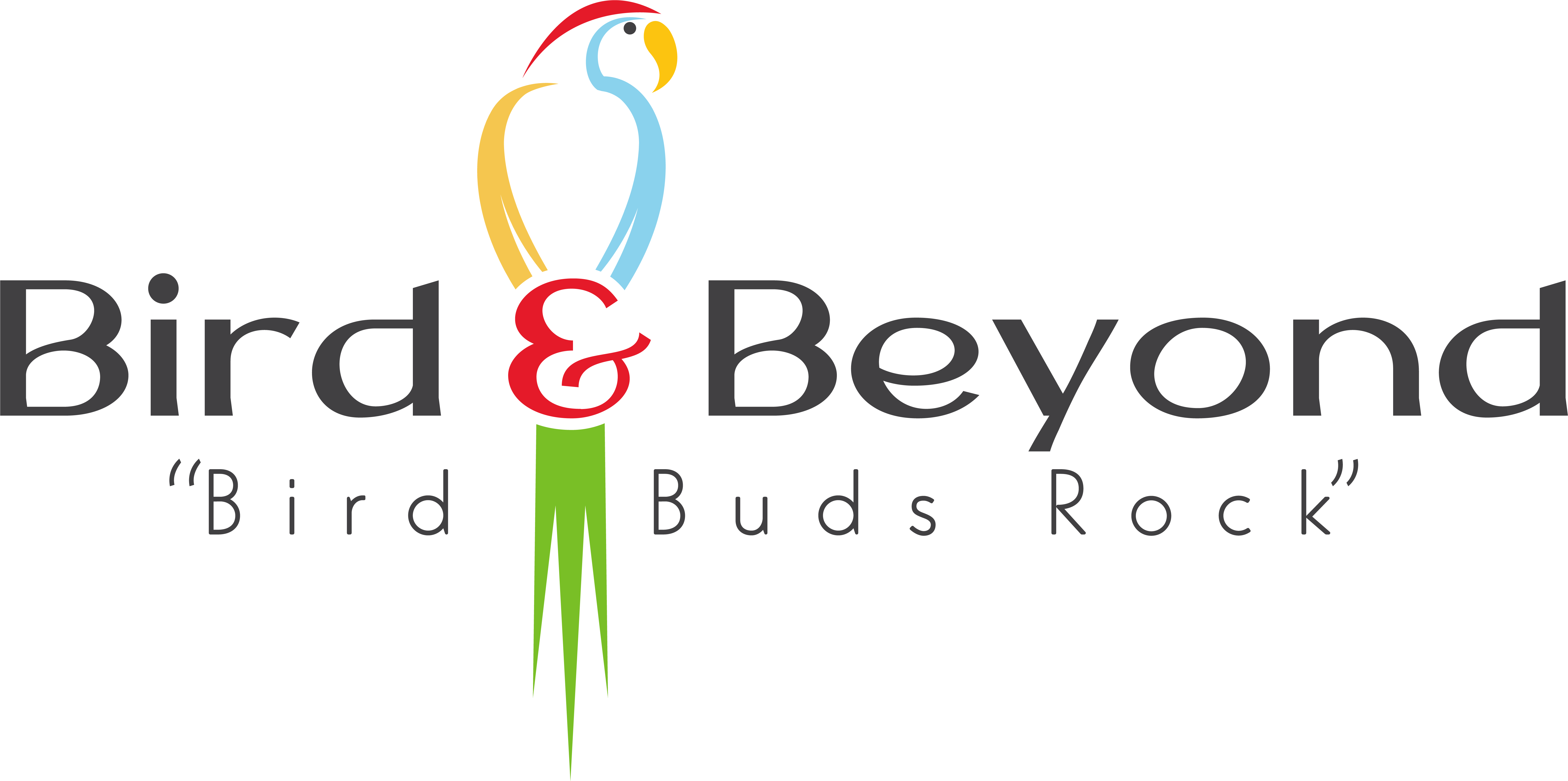
How much money you will need to buy a bird?It depends on the species and where you purchase from.A professional breeder or from a pet store.
Beyond the price of the bird itself,new pet bird owners should also budget for things like pellets and other dietary requirements like seeds and fruits,cages and even bird proofed rooms for huge birds to fly around.
Pet Bird Price for Bird Care, Food, and Housing
Costs for bird care,food and housing is less expensive than caring for a cat or dog.but the costs can increase dramatically depending on the average life span of the bird.
n general (depending on the breed), housing, feeding, and caring for a bird is less expensive than caring for a dog or cat. But the costs can rise dramatically depending upon the lifespan of the bird (some birds live as long as people) and your pet’s healthcare needs.
According to Kiplinger, down below are the average costs you should budget for if you’re willing to buy a parakeet or other non-exotic small bird:
- First-year cost: $295
- Annual cost: $185 (plus unforeseen vet costs)
- Total lifetime cost (average lifespan of parakeet: 15 to 18 years): $2,885 to $3,440
- Other first-year costs include the cage ($70) and the purchase price, which ranges from $12 to $65 for a parakeet. After the first year, annual costs include food ($75), toys and treats ($25), and routine vet checkups ($85). Lifespan varies depending on the species, but parakeets tend to live between 15 and 18 years if given proper veterinary care.
Huge birds such as macaws and parrots are much more fun pets than parakeets, but they are also very expensive to purchase, house, feed, and care for. While it’s possible to buy a birdcage for a macaw for less than $200.
Small Birds: Budgies, Canaries, and Finches
- Budgies (Parakeets): $10 to $35. As they are small in size.Generally budgies are inexpensive to care for and feed. But a diet consisting only of seeds is not enough. Veterinarians recommend a diet that includes pellets, fresh fruits, and vegetables including leafy greens.
- Canaries: $25 to $150. Always make sure you have the right size cage for these active birds. They need room to fly around and alot of toys to play with.
- Finches: $10 to $100. Most finches prefer the company of other finches to that of a human companion. They are kept in small “flocks” when in custody.. So if you’re planning to buy a pet finch, you may want to get more than one to keep your bird emotionally healthy and happy.
- Parrotlets: $100 to $300. The average parrotlet can live up to 20 years or longer, provided it’s well cared for. Be prepared to make that kind of commitment to a pet before buying a parrotlet.
Medium Birds: Conures, Parakeets, and Doves
- Cockatiels: $50 to $150. These very social birds need daily interaction so that they stay tame. Talk to them and handle them daily.
- Conures: $150 to $500. In the wild, conures eat nuts, fruits, and seeds, but in captivity, they need a balanced, pelleted diet supplemented with nuts, seeds, and fresh fruit and vegetables. These birds food and their cages should be washed thoroughly.In order to prevent parasites infections.
- Doves: $20 to $100. These easygoing birds need exercise, and not just within a cage. Bird-proof a room in your house that lets your dove to fly around for at least one hour per day.
- Lories: $400 to $900. Unlike the other members of the parrot family, lories need nectar in their diets, since that’s their primary source of nutrition in the wild. The nectar formulas, available from breeders and specialty pet shops, can be part of a diet that includes fresh fruits and vegetables or even edible flowers such as dandelions.
Large Birds: African Greys, Cockatoos, and Macaws
- African Greys: $600 to $2000. Because they are really very intelligent, African Grey Parrots can be quite emotionally needy. They require regular socialization and exercise, so your homeshould have a parrot-proof area where the bird can spend several hours every day.
- Cockatoos: $800 to $5,000+. All cockatoos gain weight quickly. so owners should monitor their fat intake. High-quality pellets, a moderate amount of seed mix, and daily helpings of fresh, bird-safe fruits and vegetables that have been thoroughly washed are the best diet for cockatoos.They need a minimum of three to four hours outside the cage daily.They should be provided chew toys for their mouth exercise.
- Macaws: $900 to $5,000+. When macaws feel bored, they chew on things, so make sure your bird is getting enough entertainment. These are very expensive and high-maintenance pet birds that require a significant time investment from their owners.

Recent Comments